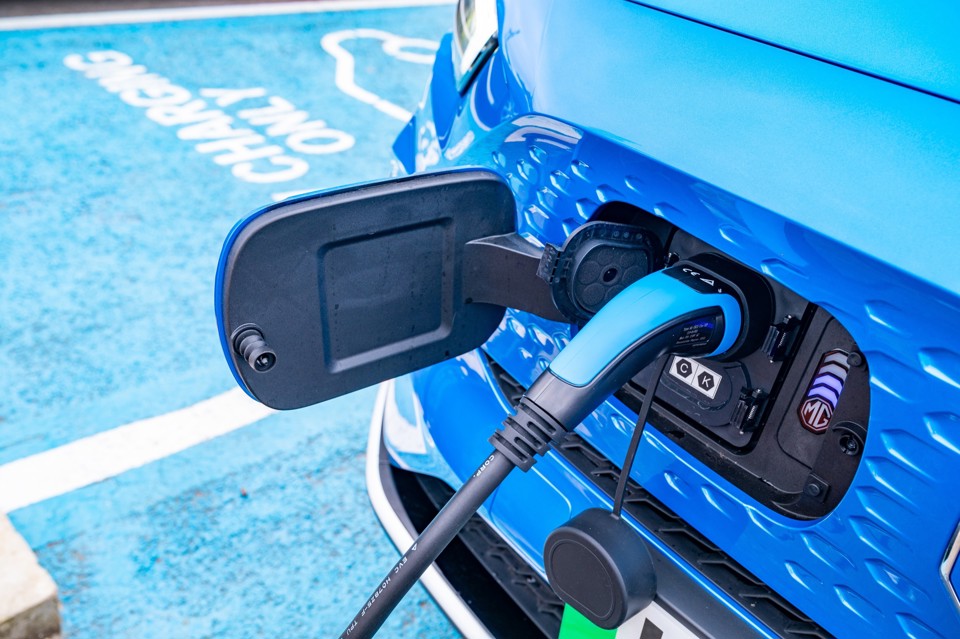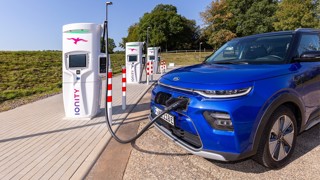A Government charge point pilot is the “perfect opportunity” for local authorities to meet both fleet and private electric vehicle (EV) drivers’ needs, says the British Vehicle Rental and Leasing Association (BVRLA).
The Local EV Infrastructure (LEVI) pilot scheme is aimed at delivering EV charging infrastructure for residents, from faster on-street charge points to larger petrol station-style charging hubs.
Nine local authorities will receive a share of £20 million through a new pilot to install more than 1,000 public charge points.
The BVRLA says that creating real-world test beds will give others the guidance to recreate their success nationwide to develop a network that meets fleet and private user needs alike.
BVRLA chief executive, Gerry Keaney, said: “Getting the EV charging infrastructure right is the difference between the UK meeting its net zero targets and falling short.
“It remains a massive barrier to fleet users making the switch as investment to date has prioritised private users and overlooked the varied requirements of those driving for business.”
Keaney explained that strategic investment that gets stakeholders representing all road users and vehicle types around the same table is the answer.
“The Local EV Infrastructure pilot scheme is a very positive development,” he added. “These trials mark the perfect opportunity for forward-thinking regions to become beacons of how to meet fleet and private user needs together.
“They are creating the templates for the rest of the UK to follow.”
Armed with the BVRLA Fleet Charging Guide, which gives local authorities distinct, actionable recommendations for developing a charging network that works for all, Keaney said that the trade body was ready to work in close collaboration with the winning regions.
The LEVI scheme is backed by £10m of Government funding shared among the nine winning local authorities in the first tranche of what will be a £450m scheme, with winning pilot bids supported by an additional £9m in private funding. A further £1.9m will come from public funds across local authorities.
The local authorities winning a share of the initial £20m funding are Barnet, Dorset, Durham, Kent, Midlands Connect (with Lincolnshire as a lead authority), North Yorkshire, Nottinghamshire, Suffolk and Warrington.





















Login to comment
Comments
No comments have been made yet.